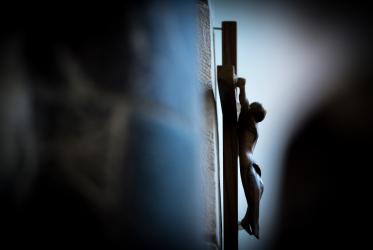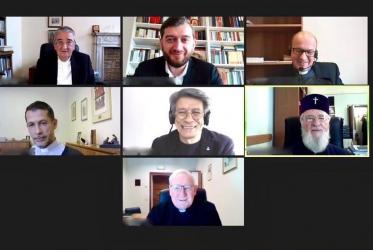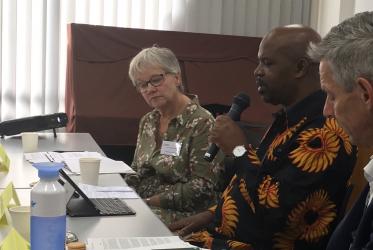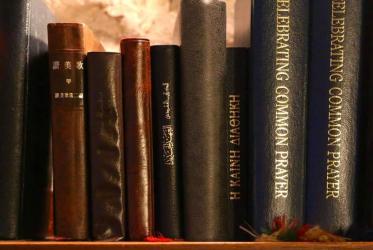Displaying 101 - 120 of 264
Proclaiming the Peace of the Lord Jesus Christ in a Religiously Plural World
18 January 2021
Bilateral dialogue “an activity of the churches themselves”
29 October 2020
Webinar - "The role of bilateral dialogues within the one ecumenical movement: experience and results"
27 October 2020
https://www.oikoumene.org/live















